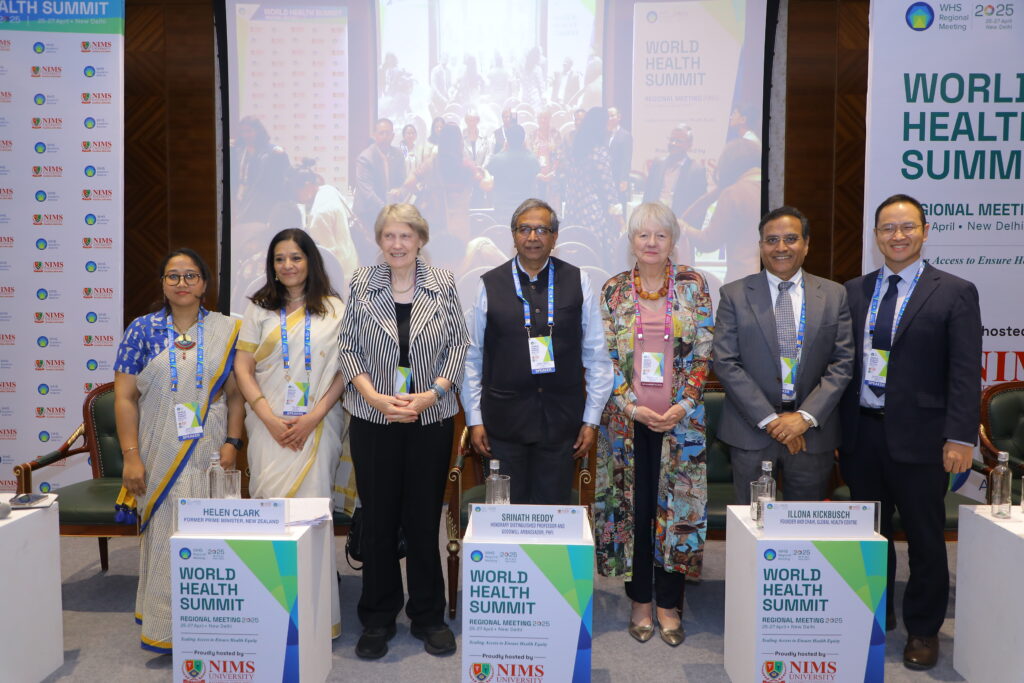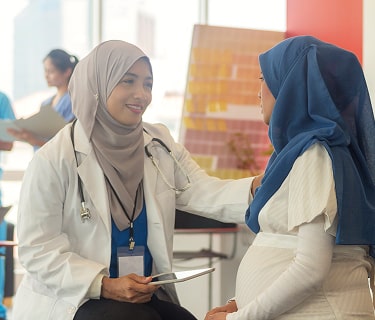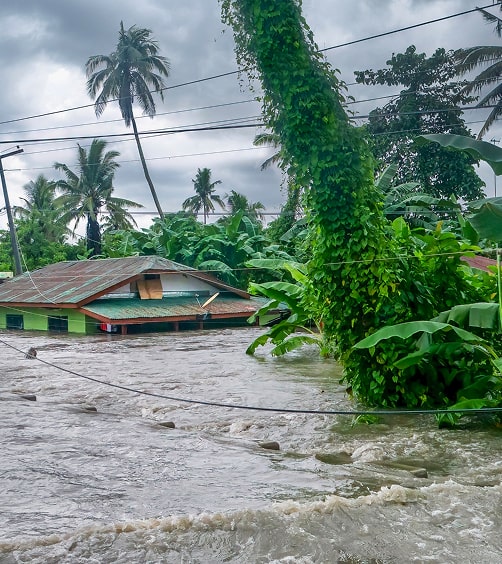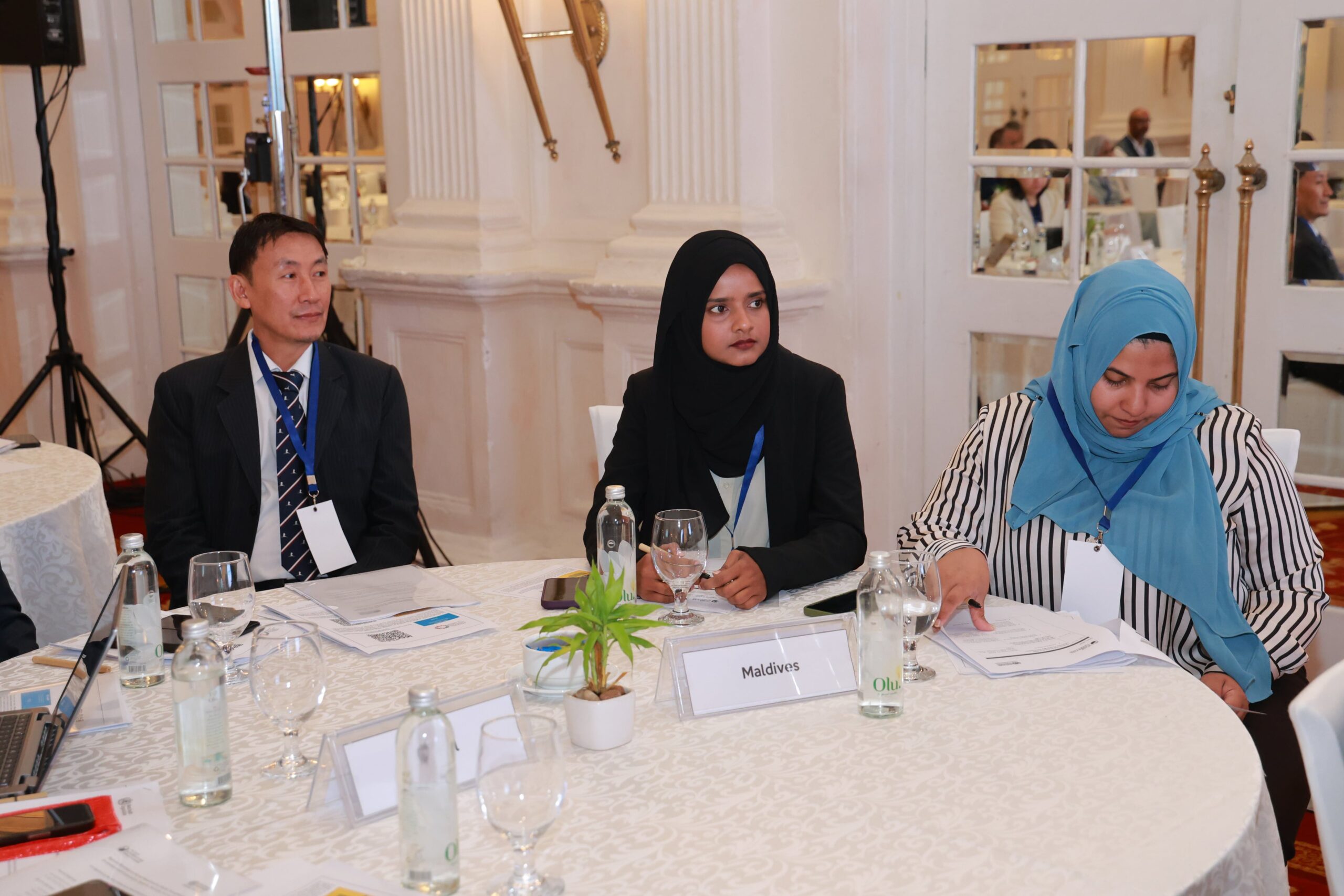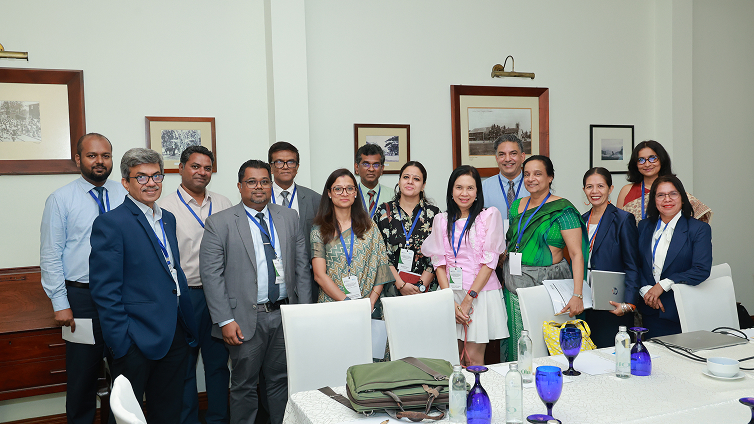The COVID-19 pandemic and subsequent geopolitical shifts have exposed fundamental weaknesses in global health governance, creating both challenges and opportunities for Asia and the Global South. This commentary, emerging from the Regional World Health Summit in New Delhi (April 2025), examines how countries in South and Southeast Asia are responding to these pressures through enhanced regional cooperation. We identify five key pathways for strengthening collective health governance: (1) prioritising health in non-health-specific multilateral forums like the G20, ASEAN, and BRICS; (2) sharing innovations and building collective capacity through South-South cooperation; (3) developing innovative co-investment financing models that move beyond traditional donor-recipient dynamics; (4) leveraging the Global South’s demographic dividend and expanding markets for health technologies and workforce development; and (5) strengthening domestic health systems as the foundation for effective regional collaboration. While regions like Latin America and Africa have established models through PAHO and Africa CDC, Asia’s approach must be tailored to its unique context, emphasising function over formality and convergence over harmonisation. The commentary argues that the current flux in the global health architecture presents a strategic opportunity for the Global South to reshape multilateralism into a more inclusive, equitable, and responsive system. However, success depends on sustained investment in domestic health infrastructure, regulatory frameworks, and data systems, coupled with bold collective action that transcends North-South binaries to create a genuinely multipolar health governance landscape.
